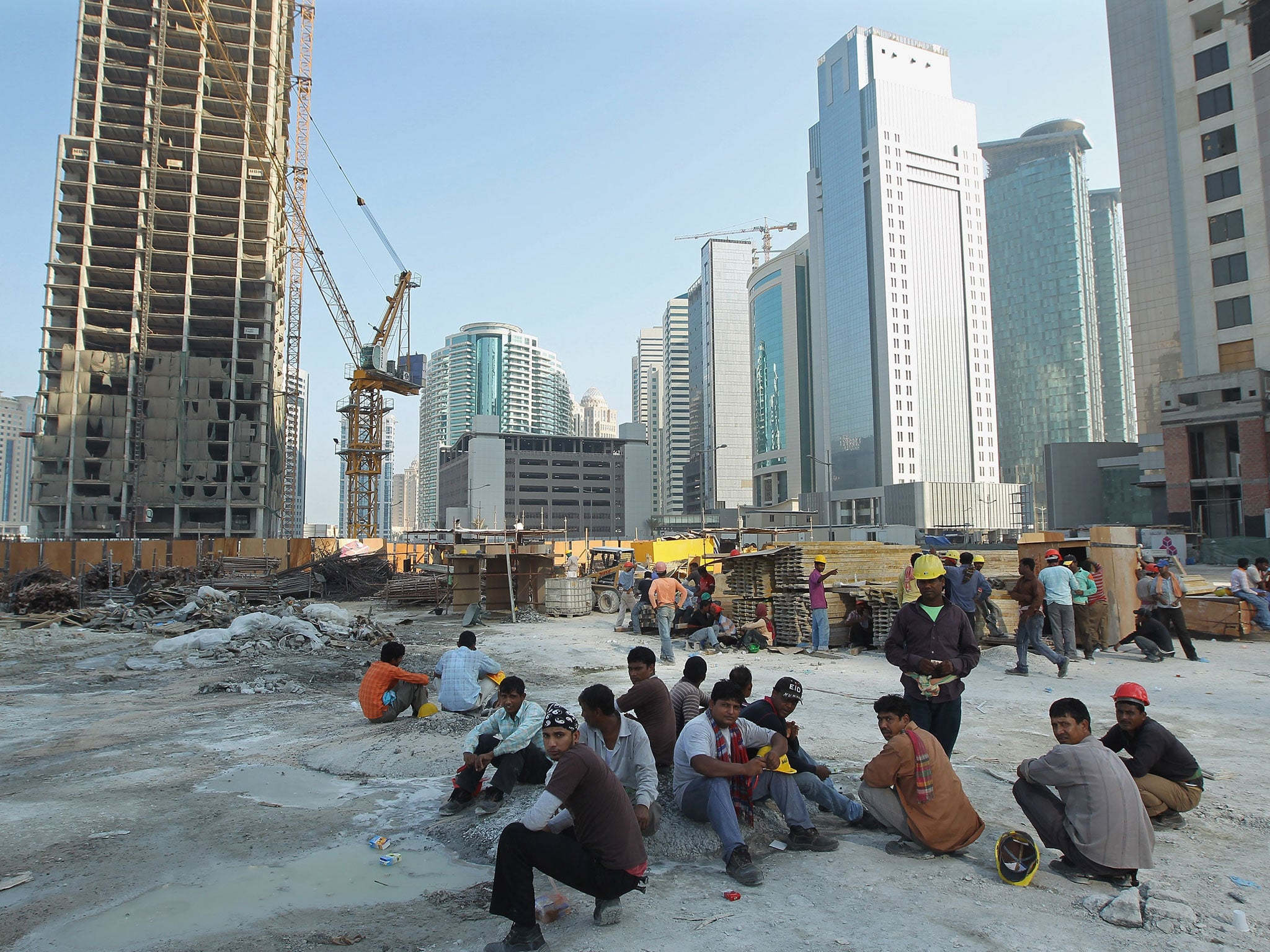Manchester Metropolitan University under fire for new deal to train Qatari police officers

Manchester Metropolitan University is facing criticism over its plans to provide training to the Qatari Police Force in the country’s new Police College.
They will be working with the National College of Policing and the Greater Manchester Police Force to deliver a four-year police science degree, during which students will learn English and will benefit from research into policing science carried out in the UK.
However, the plans have come under fire from the local branch of the University and College Union, who have labelled them “blatant hypocrisy”, questioning the university’s decision to sign the memorandum at the same time as promoting LGBT equality through LGBT history month earlier this year.
Male homosexuality is illegal in Qatar, with punishments including imprisonment, flogging, deportation and death. In their report on the country’s human rights record in 2012, Amnesty International stated that “at least six men and women, all foreign nationals, were sentenced to floggings of either 40 or 100 lashes for offences related to alcohol consumption or “illicit sexual relations”.
The report also drew attention to abuses of freedom of expression, with at least two men arrested for “criticising the government”. One of the men was allegedly tortured.
The university’s department of Humanities, Languages, and Social Sciences will be involved in delivering the training after a ‘memorandum of understanding’ was signed with Qatar. The National College of Policing will provide training in areas such as traffic management, criminal investigation, and counter terrorism, but stresses that public order or firearms training will not be on the agenda.
The local UCU branch has pledged to support any member of staff who does not wish to be involved in the training, stating that: “Staff in the affected departments are angry at being called on to work with organisations which enforce discriminatory laws, and which are contributing to the human rights abuses in Qatar identified by Amnesty International”.
Although an MMU spokesperson has emphasized that no members of staff will be required to deliver training if they do not wish to do so, UCU expressed concern that Qatari authorities “will make use of this partnership to give political legitimacy to their regime”.
The Qatari regime has recently been implicated in the mistreatment of migrant workers in the run up to the world cup in 2022. Recent reports suggest that over 1,000 workers have died during construction work, while thousands of others are being forced to work in scorching heat and live in squalid conditions. Trade unions are banned and workers are unable to leave their jobs or the country without permission from their employer.
UCU general secretary Sally Hunt echoed the concerns of the local branch, advising the university not to lose sight of their “important responsibilities when it comes to academic freedoms” as they “travel the world looking for collaborations”.
“We would like to know how a university justifies a partnership such as this one and what sort of procedures it went through before deciding it was appropriate,” she added.
An MMU spokesperson has defended the plans, which they say will allow students in the Qatari Police College to “benefit from the wealth of knowledge in the UK”.
“All our work is designed to improve and positively influence policing internationally,” they said.
A College of Policing spokesman maintained that the proposed training would not reinforce alleged human rights abuses, stating that “every training module incorporates human rights compliance and its importance to the principles of democratic and legitimate policing”.
They insisted that plans had been through rigorous checks to ensure that it did not contravene the government’s objectives abroad: "Training of overseas law enforcement officers is overseen by the cross-governmental International Policing Assistance Board, which includes representatives from the Home Office and Foreign and Commonwealth Office. This body reviews training initiatives to ensure that they support UK priorities and that human rights are properly considered in each case."
Join our commenting forum
Join thought-provoking conversations, follow other Independent readers and see their replies
Comments
Bookmark popover
Removed from bookmarks